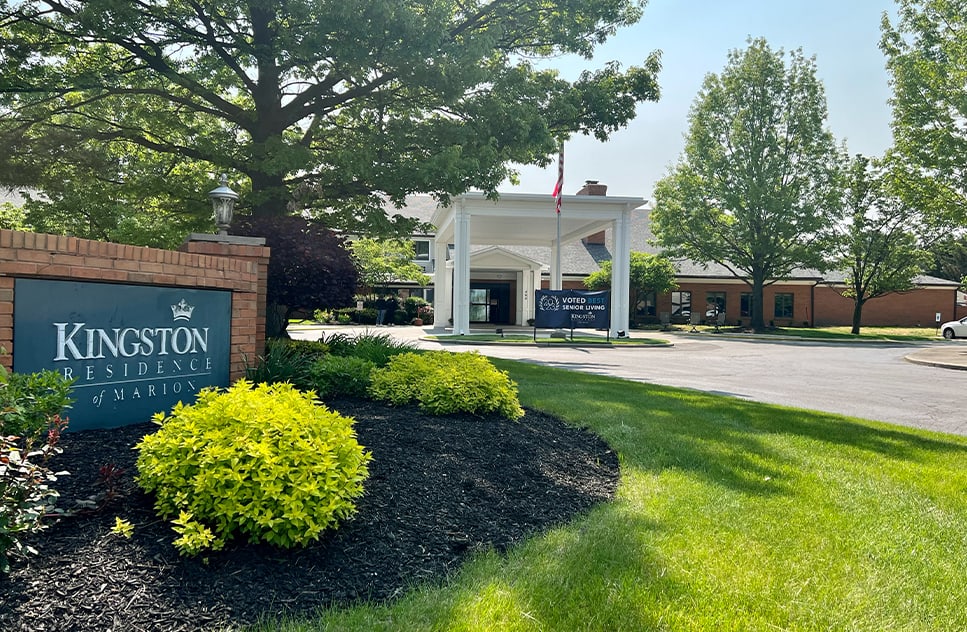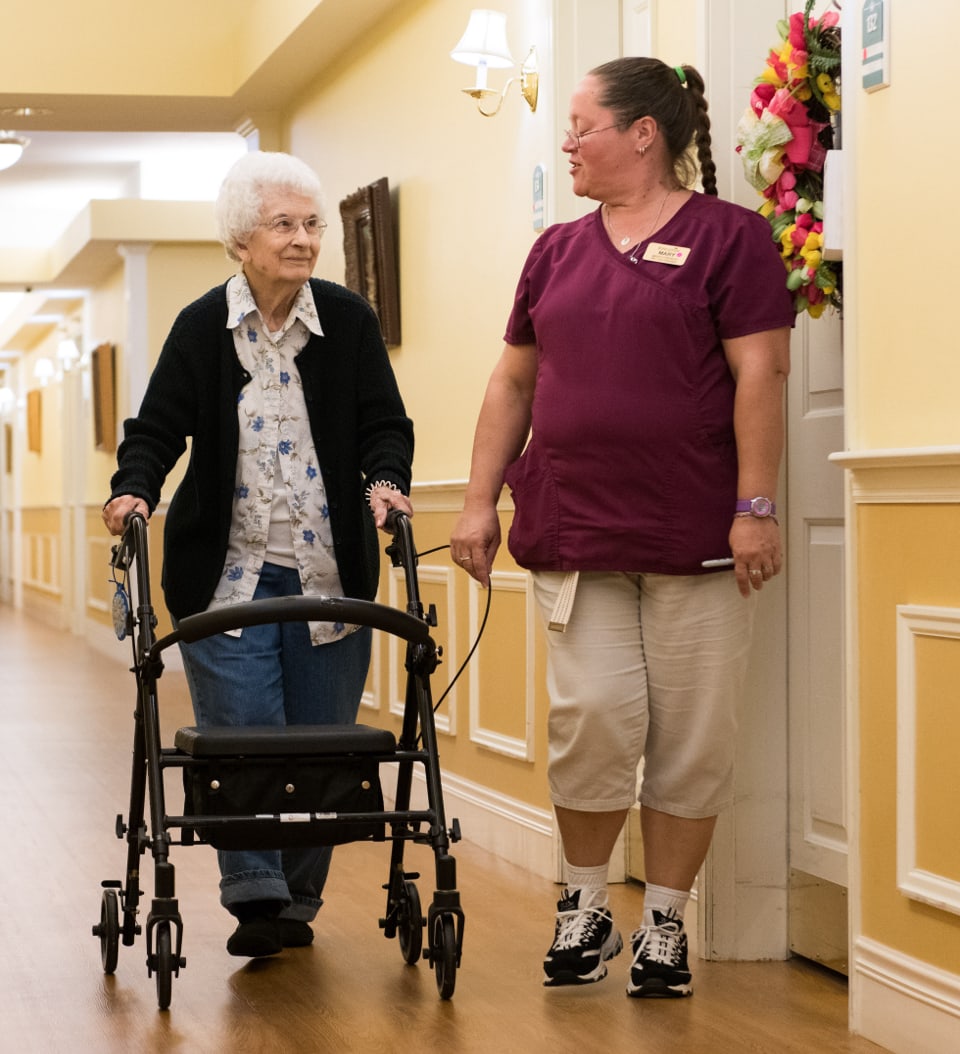Deciding on the best living arrangement for yourself or a loved one as they age can be overwhelming. With so many options available, understanding the differences between the lifestyle options for older adults can be confusing.
Independent living is for active older adults who want convenience without care, assisted living provides help with daily tasks, and memory care offers specialized support for individuals with dementia or memory loss.
Each option offers unique benefits tailored to specific needs, lifestyles, and preferences. By gaining a clear understanding of these choices, you’ll be better equipped to make an informed decision that leads to comfort, safety, and a high quality of life.
The Different Types of Lifestyle Options for Older Adults
Before we compare the three options, let’s quickly define each one:
Independent Living
Independent Living is designed for active older adults who value their independence but enjoy the convenience of having amenities and services close at hand. It promotes a worry-free lifestyle with minimal responsibilities, such as maintenance and housekeeping, allowing residents to focus on their interests and social activities.
Assisted Living
Assisted Living is ideal for individuals who need help with daily tasks, such as bathing, dressing, medication management, and meal preparation. It provides 24/7 access to professional caregivers while still promoting independence and offering personal living spaces.
Memory Care
Memory Care caters to individuals living with Alzheimer’s, dementia, or other memory-related conditions. These communities are designed with safety, structured routines, and specialized care in mind to support those with cognitive challenges.
Independent Living
Independent Living provides a vibrant and enriching environment where older adults have the freedom to live life on their terms. Residents typically live in private apartments, and communities often include access to communal amenities like dining areas, fitness centers, and social event spaces.
Benefits of Independent Living
- Maintenance-free living (no more cooking or cleaning unless you want to).
- Social opportunities through community events and activities.
- Improved safety with on-site staff and security features.
- Optional meal services and transportation.
Independent Living focuses on providing convenience and enrichment rather than medical care, so it may not be suitable for individuals who require daily assistance.
Assisted Living
Assisted Living provides the perfect balance for those who value independence but also require some level of support in their daily lives. An Assisted Living community offers assistance with tasks like grooming, mobility, and managing medications while ensuring residents maintain as much autonomy as possible.
Features of Assisted Living
- Private or semi-private rooms with access to shared areas.
- Personalized care plans tailored to individual needs.
- Activities and social programs designed to improve mental and physical well-being.
- 24/7 availability of trained staff to assist with daily living tasks.
Benefits of Assisted Living
- Health and wellness monitoring.
- Delicious and nutritious meals tailored to dietary needs.
- Assistance with mobility, personal care, and medication.
- A secure and supportive community environment.
Assisted Living offers a middle ground between Independent Living and more intensive care solutions, such as Memory Care.

Memory Care
Unlike Independent or Assisted Living, Memory Care offers specialized services for individuals with dementia or Alzheimer’s. Memory Care communities are designed to provide safety, structure, and tailored programs to improve cognitive function and quality of life.
What Makes Memory Care Unique?
Unlike Independent or Assisted Living, Memory Care offers specialized services for individuals with dementia or Alzheimer’s. These communities are designed to provide safety, structure, and tailored programs to improve cognitive function and quality of life.
Features of Memory Care
- Secure facilities to prevent wandering and improve resident safety.
- Activities designed to stimulate memory and maintain cognitive abilities.
- Trained staff with expertise in dementia and memory loss care.
- Personalized routines and structured days to provide consistency.
Benefits of Memory Care
- Person-centered care for unique cognitive needs.
- Safe and comfortable living environments.
- Specialized therapies to enhance memory and reduce anxiety.
- Support for families through resources, counseling, and training.
Memory Care helps individuals with cognitive challenges receive the compassionate care and attention they need in a secure and supportive community.
Finding the Right Fit
Choosing between Independent Living, Assisted Living, and Memory Care can feel overwhelming, but you’re not alone. Many factors, including health, mobility, social preferences, and cognitive needs can influence your decision. Here are practical tips for narrowing down your options:
- Assess individual needs: Evaluate physical, emotional, and cognitive requirements.
- Visit communities in person: Touring facilities can help you get a feel for the staff, culture, and environment.
- Consult professionals: Senior living advisors or care managers (like those found at Kingston Healthcare) can offer personalized recommendations.
Make the Choice That Feels Right
Selecting a senior living option is an important decision that impacts everyone involved. Whether you’re focusing on maintaining independence, accessing daily support, or ensuring specialized memory care, finding the right community is key to a fulfilling and supportive lifestyle.
At Kingston Residence of Marion, we’re here to help. Our beautiful community in Marion offers Independent Living, Assisted Living, and Memory Care services tailored to your or your loved one’s unique needs. Explore our apartment floor plans, view our community gallery, meet our compassionate staff, and find your perfect fit today. Book a tour with us today to learn more!






